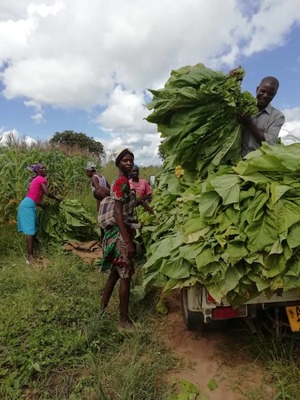
NEW: High-level employees at British American Tobacco UK oversaw a corporate espionage ring in South Africa that surveilled and disrupted its competitors.
OCCRP and partners reveal in fresh detail how the illegal spying operation worked. 1/
occrp.org/en/investigati…
OCCRP and partners reveal in fresh detail how the illegal spying operation worked. 1/
occrp.org/en/investigati…
Private security firm Forensics Security Services carried out much of the surveillance.
Through FSS, BAT built up a network of 200+ informants, including law enforcement officers who impounded competitors’ products and used traffic cameras to spy on rivals. 2/
Through FSS, BAT built up a network of 200+ informants, including law enforcement officers who impounded competitors’ products and used traffic cameras to spy on rivals. 2/

From 2012-2016, documents show, BAT signed off on some $42.6m for the espionage ring.
Officials in the tobacco major’s HQ received regular reports on its operations, even sending ex-British intelligence officers to help with recruitment and training. 3/
Officials in the tobacco major’s HQ received regular reports on its operations, even sending ex-British intelligence officers to help with recruitment and training. 3/
The spy ring also targeted employees and directors at BAT's competitors, intercepting their phone calls, installing secret software on their cell phones, and using hidden cameras to track their movements. 4/ 

BAT claims its contract with FSS was for legal monitoring of cigarette smuggling.
But documents seen by OCCRP and partners, along with affidavits from former agents, make it clear FSS and BAT knew their agents were involved in illegal activities. 5/
But documents seen by OCCRP and partners, along with affidavits from former agents, make it clear FSS and BAT knew their agents were involved in illegal activities. 5/

• • •
Missing some Tweet in this thread? You can try to
force a refresh







